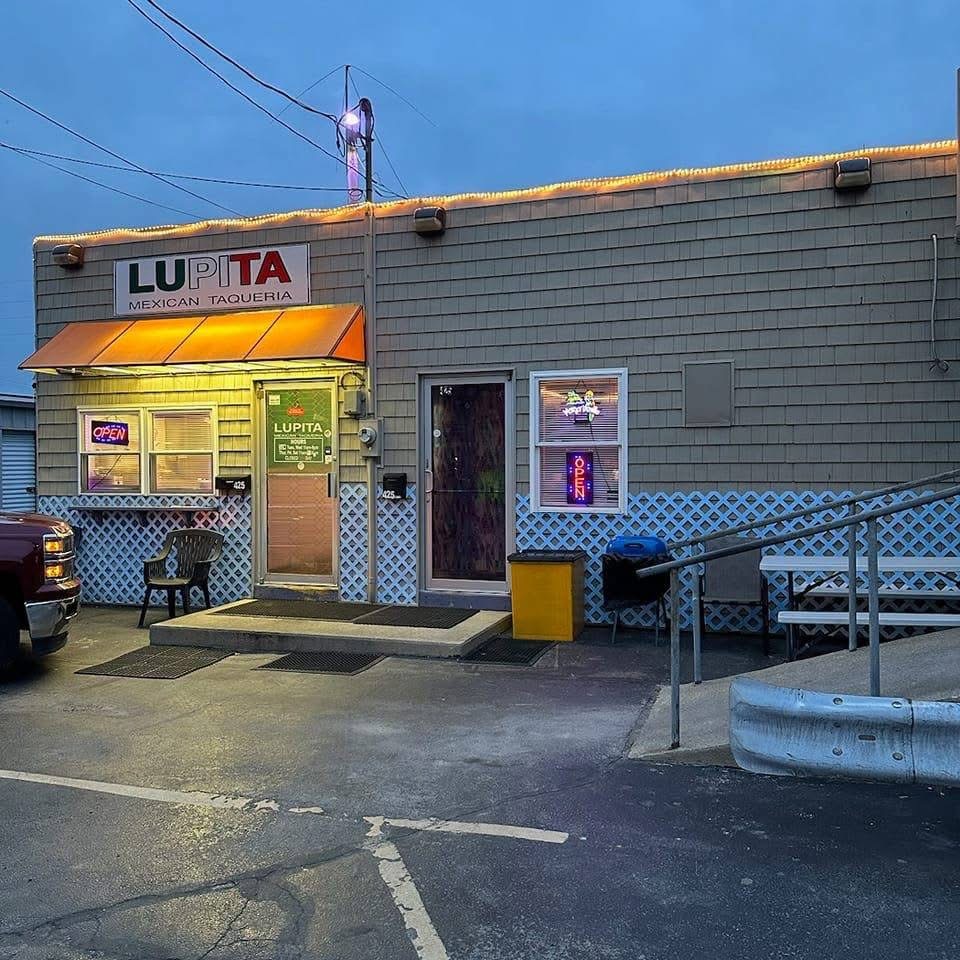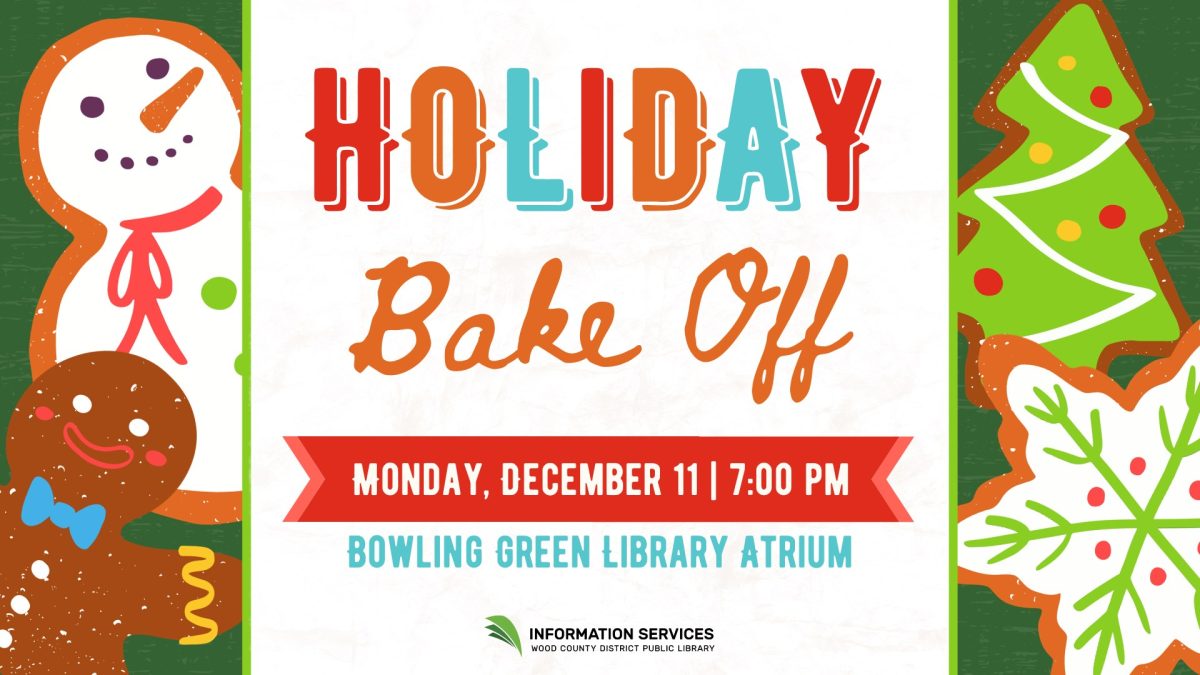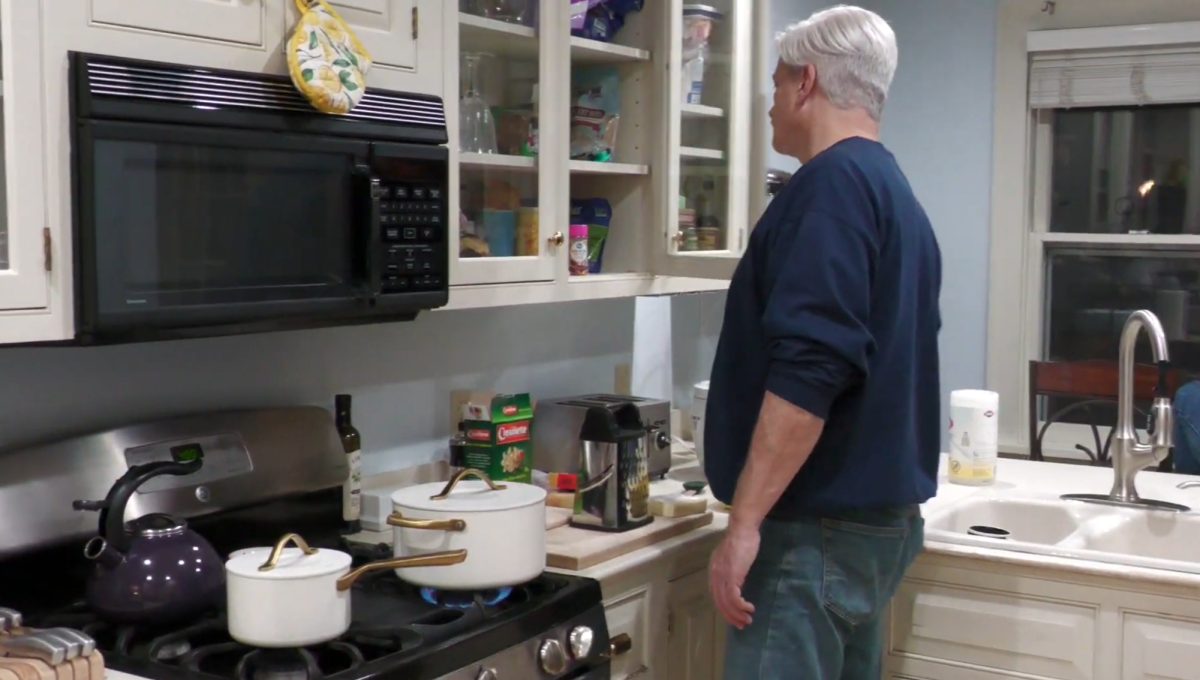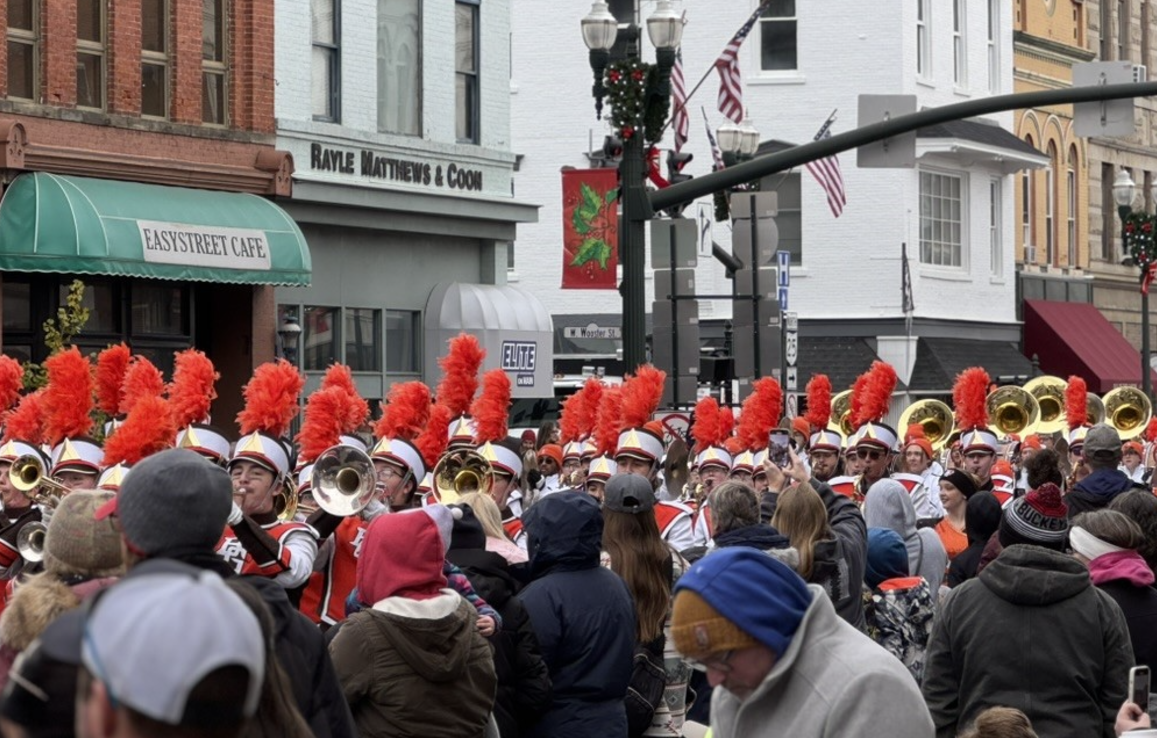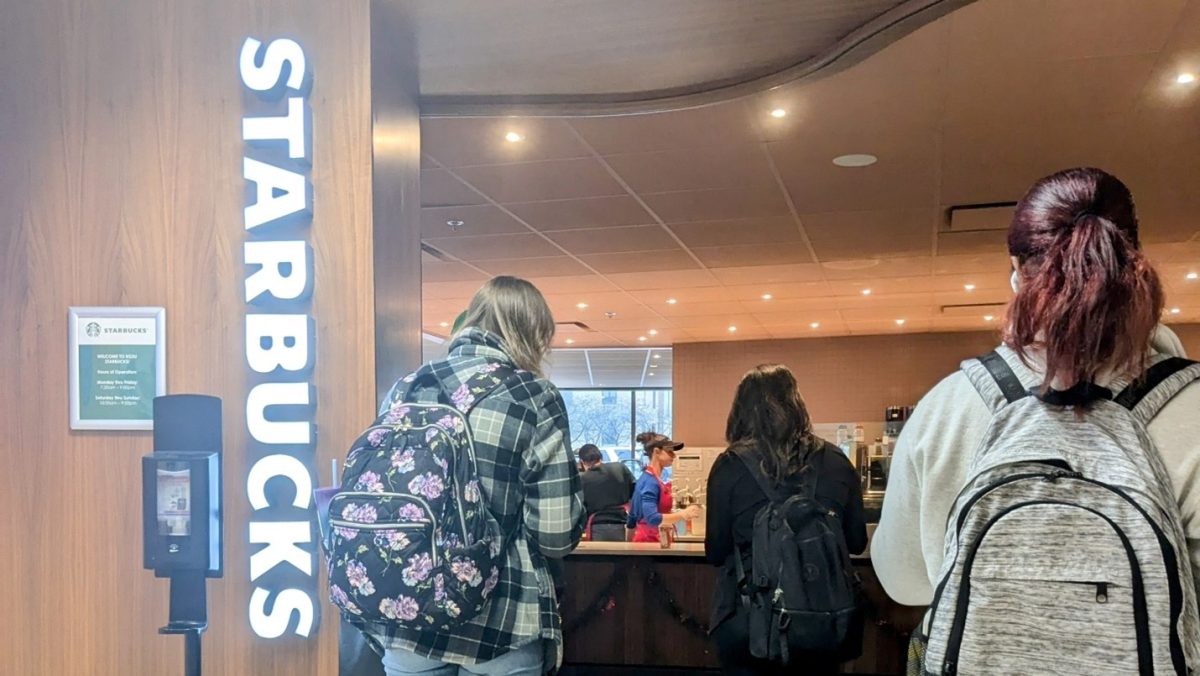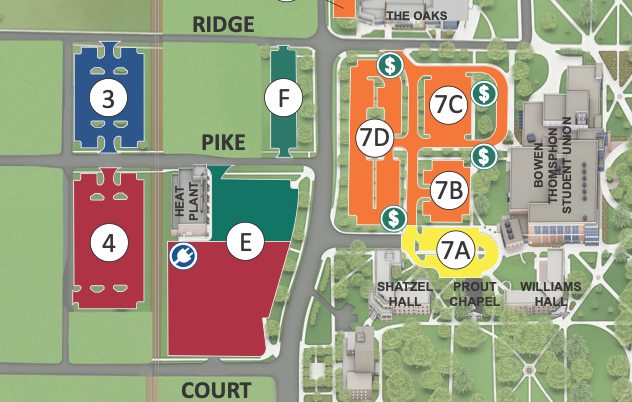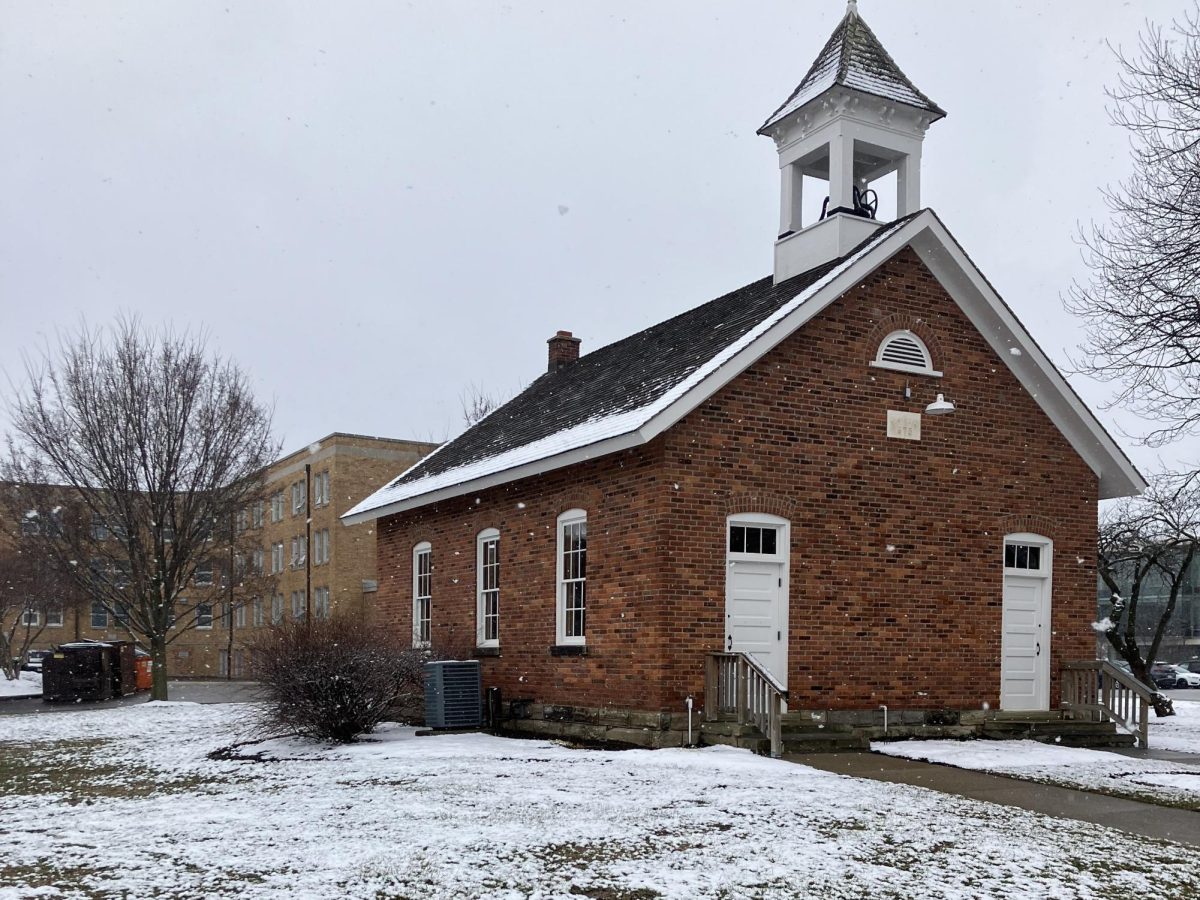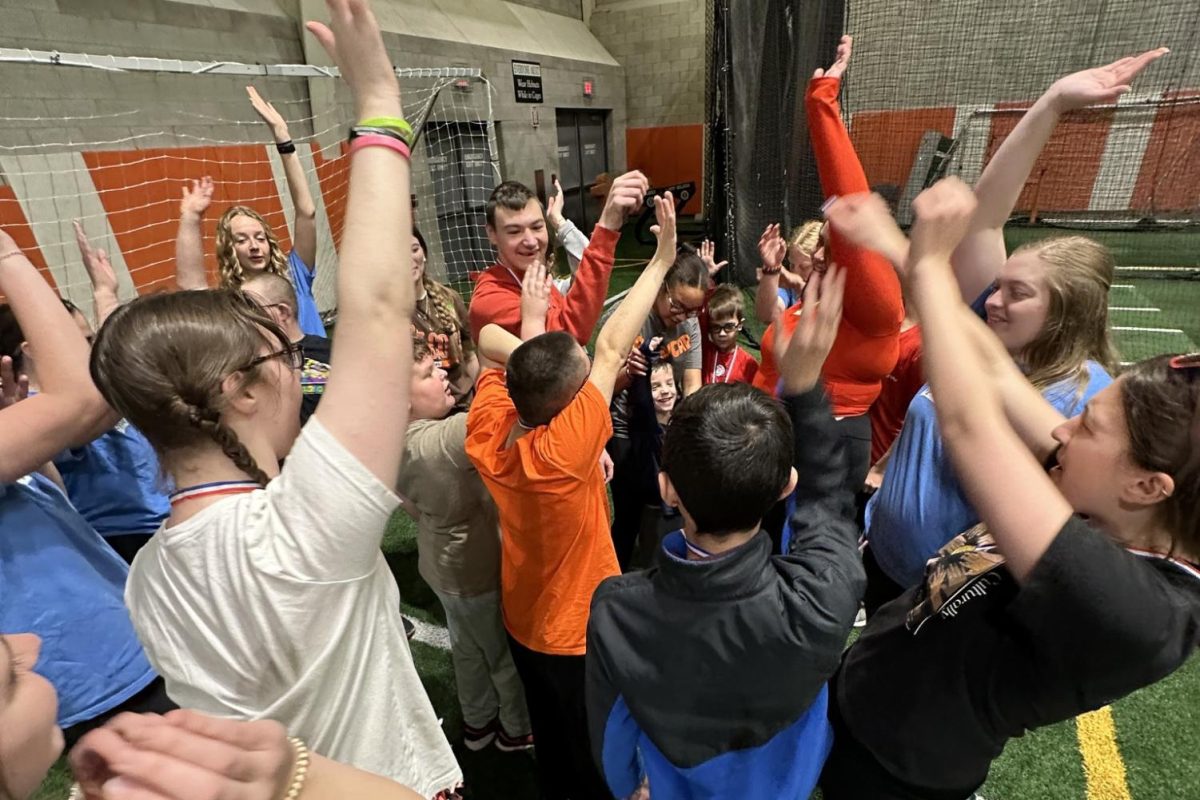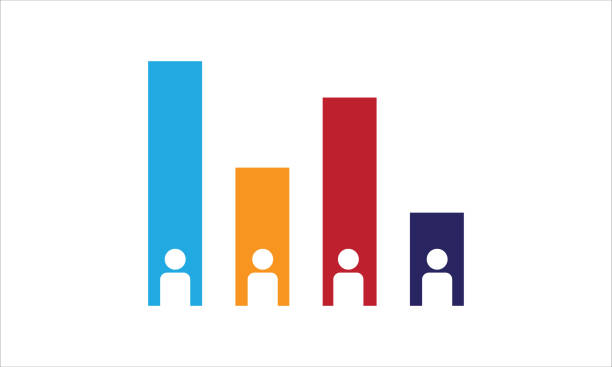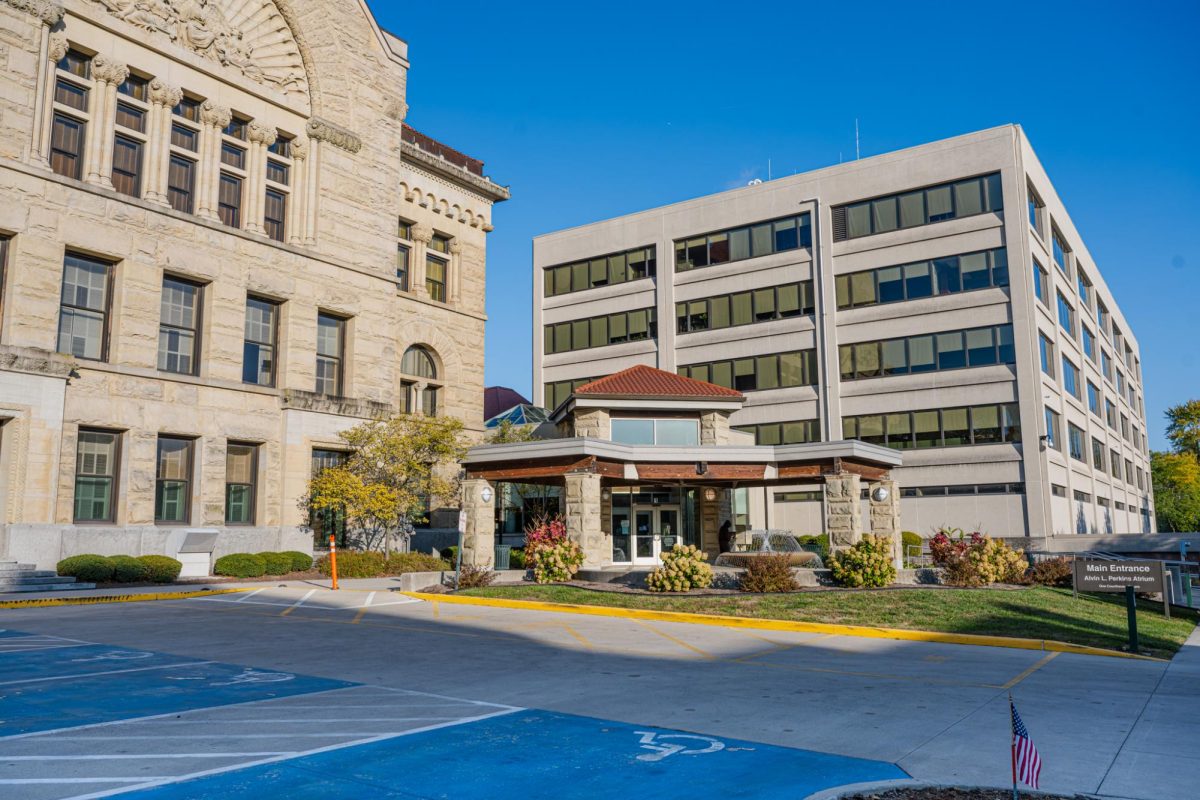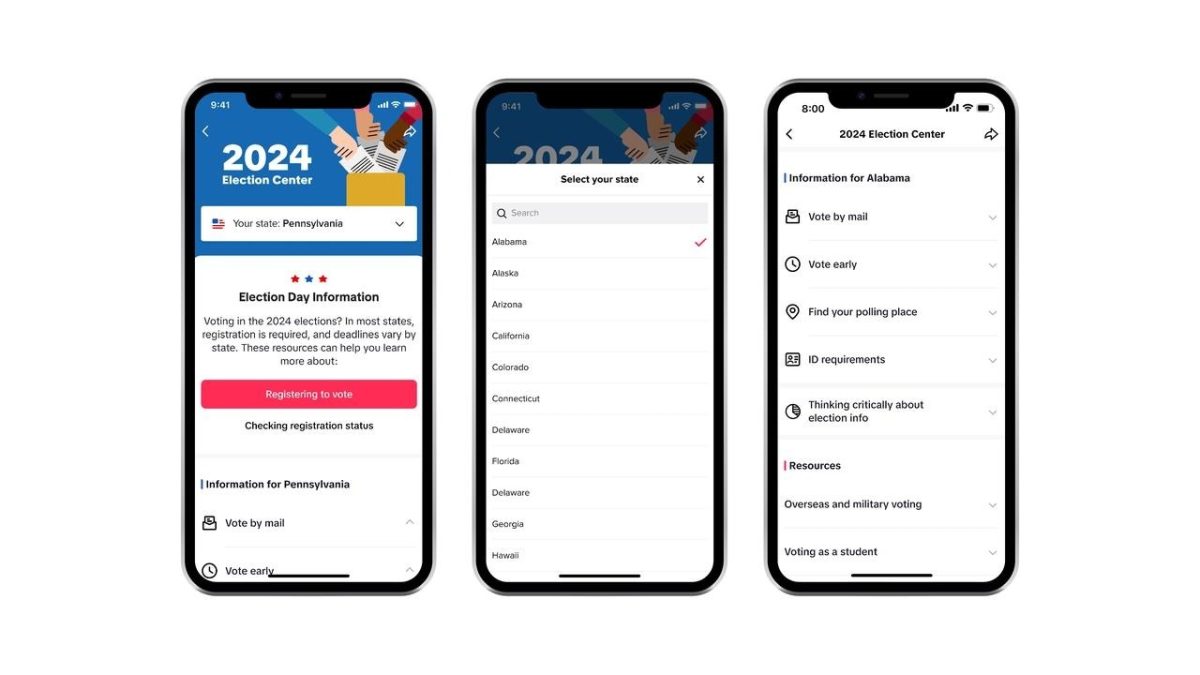As the bloody civil war in Syria shows few signs of slowing down, Syrians are fleeing the only home they have ever known to seek safety, some to Toledo, Ohio.
Left in political limbo until asylum is granted, refugees are left with an unending list of questions about their future. Few find the answers they are looking for. The fate of these refugees lies in the hands of government officials processing applications. Although the numbers may be few, Syrians have been brought to the United States in seek of asylum.
It’s a tremendous feat to pick up the fragmented pieces of your life to be relocated to an unfamiliar place, suffocated by an unfamiliar language and surrounded by a culture contrasting drastically different from your own. Local and campus initiatives are working to make this transition more streamlined and comfortable for refugees.
Us Together, a not-for-profit initiative founded in 2003, makes the transition to a new way of life easier for refugees. The organization was visualized by two refugee women from Russia and the Ukraine who decided to make a tangible reality from their hopes of assisting refugees with resettlement.
Branching out from their headquarters in Columbus, Us Together opened a new facility in Toledo in 2013. This year alone, 71 refugees have been successfully relocated to the Toledo area, 54 of those being Syrians, according to the Us Together webpage.
Relocating to a new country is not an easy task. It takes people of many specialties to make an effective transition for these refugees. Housing has to be organized, as well as employment opportunities. Few speak English, so translators and teachers are in demand. Many refugees come to the states with families, so the process necessitates childcare services for some.
Corine Dehabey, the coordinator of the Toledo branch, oversees all of it. However, Dehabey is not alone.
She is working along side an army of volunteers from the community that make the program possible.
“(The refugees) are integrating. It is not easy to change not just your town or city or state, but your country. It’s a hard thing to do,” Dehabey said. “But they are contributing and reaching out to the community, and it’s nice to see that the community is reaching back.”
Although Us Together allows for organization and simplicity within the resettlement process, refugees are still faced with discrimination when arriving in the states, particularly in regards to religion. Since the start of the Syrian civil conflict in 2011, 2,550 Syrians have come to the US, according to annual reports from the Refugee Processing Center. Nearly 97 percent these refugees are Muslim.
The negative connotation associated with Islam is growing as the influence of ISIS spreads beyond the Middle East and whose attacks are striking fear in both hemispheres.
An associate professor in the Department of Ethnic Studies, Vibha Bhalla addressed the unease that many are feeling in lieu of the violence of ISIS.
“Right now immigration is also becoming linked to security issues,” Bhalla said. “What you see is that fear psychosis is being created.”
Dreading the possibility of Islamists infiltrating the United States through immigration and refugee programs, some have become wary of Muslims entering the country, even if they are seeking safety and asylum.
To prevent assumptions made about Islam, campus initiative Not In Our Town is beginning discussion with the Bowling Green campus and community to answer questions and to accurately inform listeners about Islam.
Within the first few months of school, there will be an open dialogue series covering Islamophobia. In attendance will be several panelists, one of which will be the Imam from the mosque in Perrysburg. The panelists will be sharing their experiences and addressing the effects that Islamophobia has on the community, hoping to invoke meaningful dialogue between the panelists and audience.
Leslie Galan, a co-chair of Not In Our Town, said that the dialogue series will allow students and community members to see Islam from a different perspective.
“Since 9/11 … the shift in how the general public feels about Muslims or Islam or the Middle East in general has certainly changed, and I would imagine that that singular event shaped a lot of opinions,” Galan said. “It’s important to come to the table and listen to the other side and educate ourselves.”



